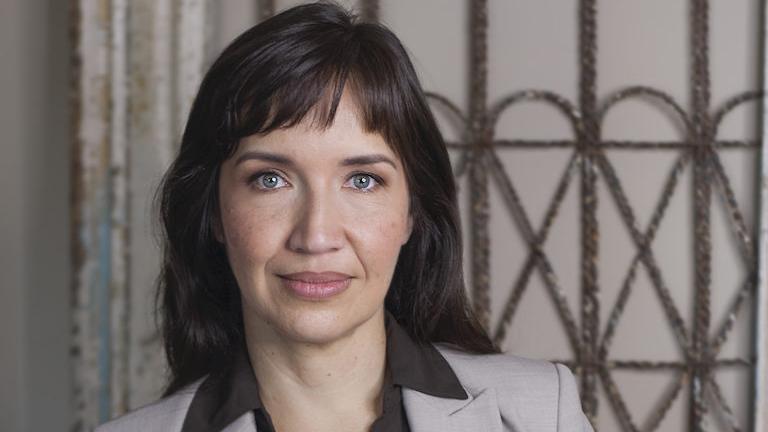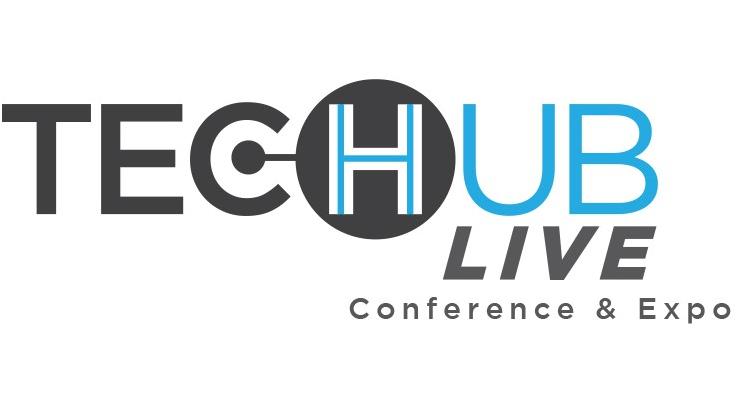3 Questions with Nadilia Gomez on the Latest Ag-Tech Research

Next month, an event that has been described as the intersection of agronomy and technology will make its debut in Des Moines, IA.
The inaugural Tech Hub LIVE Conference and Expo will take over the Iowa Events Center July 20-21 and will hit a home run with its unrivaled educational programming. You will hear from notable educators and industry professionals leading sessions and workshops that will focus on key technologies, including drone systems, imagery, sensors, robotics, and autonomy. Other topics, such as how to set yourself up for successful precision ag adoption and what you need to know to recruit talent in a post-pandemic world, also are part of this five-star lineup.
You’ll also see new precision products and services on the tradeshow floor and have a chance to meet directly with some of the folks developing those technologies.

Nadilia Gomez, Chief Technology Officer for the Digital and Agriculture Biosciences Platform at Iowa State University.
There will be ample time for networking, too – networking with industry peers and your fellow attendees. We reached out to one notable attendee who plans to stop at the Iowa Events Center next month, Nadilia Gomez, the new Chief Technology Officer for the Digital and Agriculture Biosciences Platform at Iowa State University (ISU). Before joining the ISU team in April, Gomez was executive director of the Iowa AgriTech Accelerator. She also has held several roles for DuPont-Pioneer and Corteva Agriscience.
Gomez offers some details on the university’s latest projects and what she hopes to learn at Tech Hub LIVE.
1. What are some significant ag-tech projects underway at Iowa State University?
Nadilia Gomez: There are numerous notable ag-tech projects being worked on at Iowa State University by researchers and entrepreneurs. For example, projects on sensors that can monitor what is going on in a field at an individual plant level or continuously measure water tension in soil are underway. The development of apps to diagnose plant and animal stress with the goal of quickly finding and mitigating the stressors are some others to mention.
In the area of robotics, one of the efforts gaining momentum is called COALESCE (COntext Aware LEarning for Sustainable CybEr-agricultural systems). It is essentially a robot that uses computer-vision to tend crops. Researchers have said this technology will allow farmers to tend to crop stressors quickly and at a lower cost.
In addition, efforts are going on to derive valuable insights from a combination of genetics, environment, and farming practices. The goal of ISU researchers is to connect the various disciplines through collaboration to address agricultural challenges.
Also noteworthy are the many startups coming out of ISU and the community of digital and precision ag developing strong networks at the Research Park. One example in plant science is EnGeniousAg, LLC, a designer and manufacturer of low-cost, field-based nutrient sensors for crops, soils, and water.
Startups in digital and precision ag are also addressing the needs of livestock production systems. For example, Distynct is a company focusing on a precision livestock platform that enables remote monitoring of swine production facilities.
2. Drawing from your previous experience as executive director for the Iowa AgriTech Accelerator and your positions with DuPont-Pioneer and Corteva Agriscience, what has been the most exciting area for you in ag tech?
Nadilia Gomez: Over the past decade, I’ve had the opportunity to hold numerous roles in a wide variety of groups dedicated to digital and precision agriculture. For me, the most exciting area in ag tech isn’t a single technology, product, practice, or even a new business model, which are all exciting in their own right.
I’m most excited about the transformation occurring in the ag tech innovation ecosystem at large. I’ve seen ag industry leaders reinvigorate their internal innovation initiatives and create new opportunities to connect with external partners. There is a greater number of opportunities for experts across different disciplines to collaborate on digital and precision ag research and product development efforts. There is also a greater awareness of the role ag tech could play in addressing societal demands on food and food production systems.
 3. What do you hope to learn from participating in Tech Hub LIVE?
3. What do you hope to learn from participating in Tech Hub LIVE?
Nadilia Gomez: I’m attending Tech Hub Live to meet and interact with a diverse group of individuals engaged in the digital and precision ag industry. I look forward to meeting retail dealers, distributors, and coops with valuable field experience and representatives from allied industry sectors.
Because Tech Hub Live will encompass all industry segments and focus on actionable technology, I hope to gain insights and new connections to bridge the gap between research and commercialization of ag-tech inventions.





